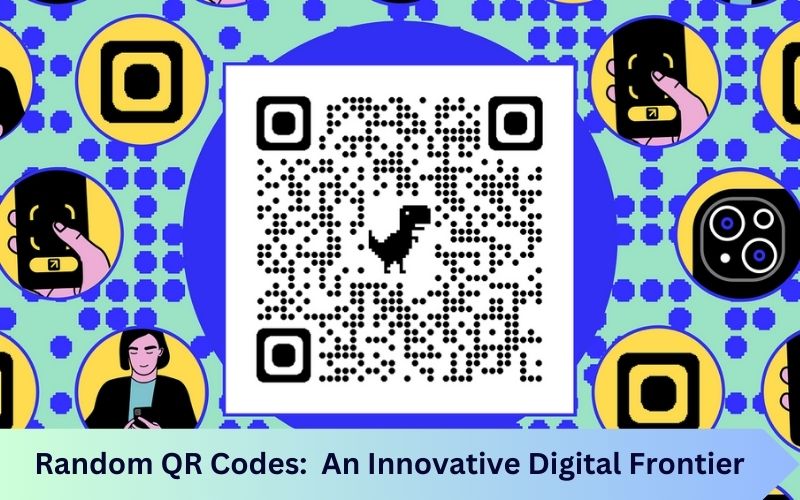In the vast landscape of digital innovation, QR codes have established themselves as a versatile tool bridging the gap between the physical and digital worlds. Originally conceived for tracking parts in the automotive industry, these pixelated squares have found a plethora of applications ranging from mobile payments to interactive marketing campaigns. Among the many intriguing uses of QR codes, the concept of this code stands out for its unpredictability and creative potential. This blog delves into the fascinating world of random QR codes, exploring their functionality, applications, and the potential they hold for future innovation.
What Are Random QR Codes?
A QR code, short for Quick Response code, is a type of matrix barcode that can store a variety of information, such as URLs, text, or other data types. When we talk about this codes, we refer to QR codes that are generated to contain randomly selected information. This randomness can be in the form of a URL leading to a different webpage each time, randomly generated text, or other dynamic content.
How Do Random QR Codes Work?
The creation of this code involves a two-step process:
- Random Data Generation: Before the QR code is generated, a random piece of data is created. This could be a random URL, a unique identifier, or any other type of information that can be encoded in a QR code.
- QR Code Generation: Once the random data is ready, a QR code generator encodes this information into a QR code pattern, making it scannable by any QR code reader.
Applications of Random QR Codes
- Marketing and Promotions:
- Interactive Campaigns: Companies can use this codes to create engaging marketing campaigns where each scan leads to a different reward, discount, or piece of content, encouraging repeated interaction.
- Mystery Prizes: Brands can add an element of surprise to their promotions by using random QR codes to offer mystery prizes, adding excitement and customer engagement.
- Event Management:
- Dynamic Ticketing: For events, Thesse codes can be used to generate unique entry codes for attendees, enhancing security and preventing fraud.
- Interactive Experiences: Event organizers can use these codes to provide attendees with different experiences, such as varying schedules, secret locations for pop-up events, or personalized messages.
- Education and Learning:
- Randomized Quizzes: Educators can create randomized quiz questions or educational resources, ensuring that students receive a different set of materials or challenges each time they scan the code.
- Interactive Learning: Museums and educational institutions can use these codes to offer varied information or trivia about exhibits, making visits more engaging and informative.
- Art and Creativity:
- Digital Art: Artists can incorporate these codes into their work to link to different digital content each time the code is scanned, creating a unique experience for each viewer.
- Interactive Storytelling: Writers and creators can use these codes to offer multiple story paths or endings, giving readers a new experience with each scan.
Future Potential of Random QR Codes
As technology continues to evolve, the potential applications of these codes are vast and exciting. Here are a few possibilities:
- Augmented Reality (AR): Integrating these codes with AR could provide users with a different AR experience or content each time they scan the code.
- Blockchain: Combining blockchain technology with these codes can ensure secure and transparent generation and tracking of unique codes, useful in areas like digital identity and secure transactions.
- Gaming: It can enhance gaming experiences by unlocking different game content, levels, or rewards, keeping the gameplay fresh and engaging.
Conclusion
Random QR codes represent a dynamic and innovative tool in the digital world, offering endless possibilities for creativity, engagement, and interactivity. Whether used in marketing, education, events, or art, their ability to deliver unique and varied content each time they are scanned opens up new avenues for exploration and innovation. As we continue to push the boundaries of what is possible with digital technology, random QR codes will undoubtedly play a significant role in shaping the future of our interactive experiences.





